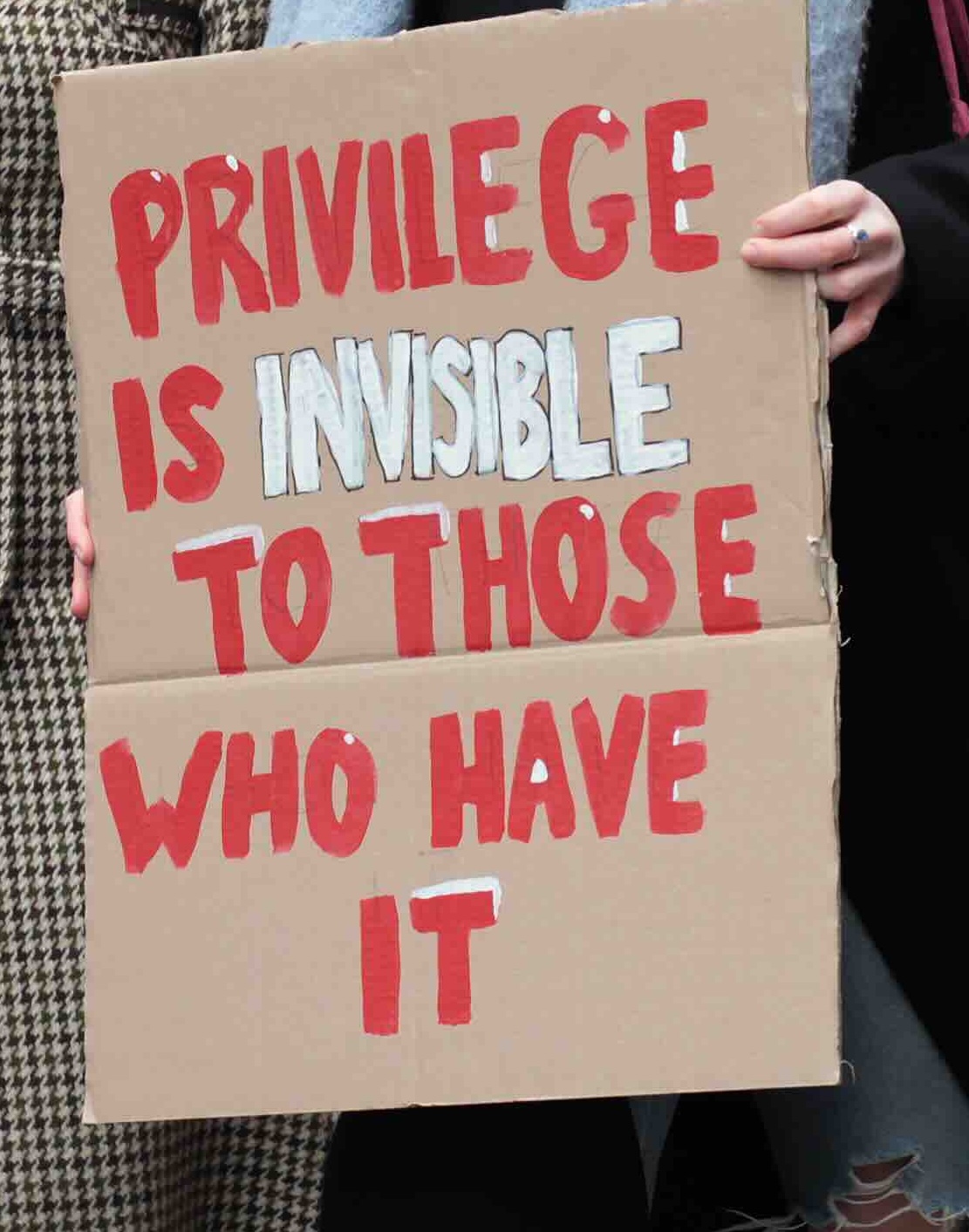The Victorian Equal Opportunity and Human Rights Commission’s new initiative, ‘Male Champions of Change’, will bring together some of Victoria’s most influential male leaders in government, the community sector and the corporate world. The initiative is based on a national program established by the federal Sex Discrimination Commissioner, Elizabeth Broderick.
The aim of ‘Male Champions of Change’ is for men in positions of power to advance gender equality. Let’s hope they have more luck than women have had in that task.
Women have been advocating for gender equality for centuries. However, when women explain gender inequality to some men, it is like we are talking to a person whose first language is not English – before they have attended any English classes. It is a foreign language. They simply don’t get it. When we talk, they hear: “ΜισÏŽ τους άνδρες”. It’s all Greek to them.
When I talk in English about power, entitlement and gender inequality, I use examples such as family violence, rape, glass ceilings, inadequate childcare, political underrepresentation, catcalling, bullying and financial disadvantage such as unfair pay and unequal superannuation. Some men hear: “ΜισÏŽ τους άνδρες”, which is Greek for “I hate men”. This immediately shuts down the possibility for an informed discussion. I may be talking, but they are not listening.
However when the former Victorian Chief Commissioner of Police, Ken Lay, and the Chief of the Australian Army, David Morrison, spoke recently about gender inequality, men listened. No one suggested that Ken Lay “hated men” when he suggested that “our culture is filled with men who hold an indecent sense of entitlement towards women” and that some people perceive women as “less valuable than men”. There was neither a vitriolic backlash nor trolling on Twitter.
Men may listen to men talking about gender inequality. However, those who sign up for Male Champions of Change should perhaps consider Machiavelli’s warning: those who are well off under the existing order of things may resist sharing their power. “For he who innovates will have for his enemies all those who are well off under the existing order of things”.
The biggest challenge for the Male Champions of Change is to explain power, entitlement and gender inequality to those who are well off under the existing order of things. Some people with privileged upbringings fail to see their own privilege and ‘cultural capital’. Cultural capital includes the social networks that are formed during a privileged education.
Those with an abundance of cultural capital view their sense of entitlement as simply the norm. It is like a freckle on their back – it’s just there. They don’t even notice it until someone else points it out. However, some men do not respond well when a woman mentions their sense of entitlement. They often hit back by claiming “feminism has gone too far”. Women’s access to power may have come a long way in the past century or so, but we have certainly not overshot the mark.
When a woman bemoans the political underrepresentation of women, citing the fact that there are only two women in our federal cabinet, those who are well off under the existing order of things talkabout meritocracy. Such arguments deny the benefits of patriarchal networks and cultural capital.
When a woman mentions the glass ceiling citing the current statistics for leadership positions in schools and universities, some men reply that the statistics are “specious”. However, the statistics are clear. In education, the latest OECD Teaching and Learning International Study found that Australia has a significantly lower proportion of female principals than men, despite women being the majority of the teaching workforce. The study showed that while 57% of secondary teachers are women, only 39% of principals are female. In Australian universities, 65% of Deputy Vice Chancellors are men and 77% of Vice Chancellors. The statistics speak for themselves.
When a woman speaks about domestic violence, those who are well off under the existing order of things respond that “men are victims too”, torturing statistics to support their claim. The One in Three campaign, for example, conflates ABS statistics to claim one male is killed every 10 days by a woman partner. This is simply not correct. Although it is correct that 75 men were killed due to domestic violence between 2008-10, intimate partners killed less than half of these men. A breakdown of the statistics show: 33 men were killed by their intimate partners; 13 male children killed by filicide; 11 male adults killed by parricide; 3 males killed by siblicide; and 15 males killed by other family homicide.
The “women do it too” argument is the standard response by those who deny gender inequality. Recently, a series of letters to the editor in The Age illustrated this point. A short letter claimed: “What warmongers tend to have in common isn’t religion, it’s male genitalia”. Subsequent letters from male writers listed six exceptions: Thatcher, Gandhi, Meir, Joan of Arc, Catherine the Great, Elizabeth I and Boudica. To get half a dozen examples of female warmongers, the letter writers went back to 60 AD, when Queen Boudica led an uprising against the Roman Empire. It was a long bow to draw.
When women mention “patriarchy”, the response by some men is a Julie Bishop-type eye roll, even when there is overwhelming evidence to support our claims. Those who are well off under the existing order of things are not interested in evidence. They have ideology and testicles on the right side.
Let’s hope the Male Champions of Change have success advancing gender equality. As Machiavelli said inThe Prince: “There is no more delicate matter to take in hand, nor more dangerous to conduct, nor more doubtful in its success, than to set up as the leader in the introduction of changes”.
First published on 24 April 2015
